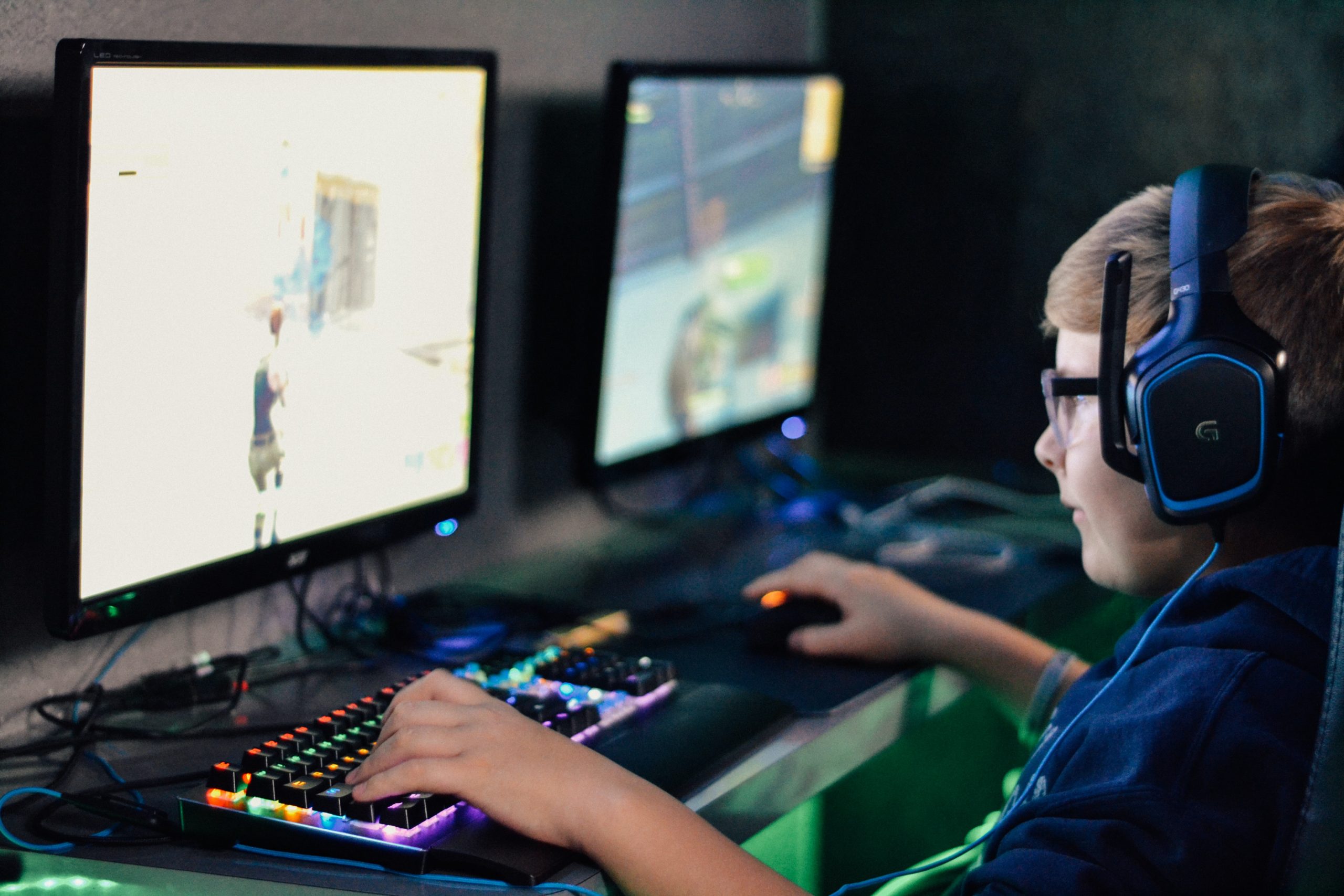New Zealand research finds no evidence for a link between video games and aggressive behaviour in youth.
The meta-analysis pulled together results from 28 studies, with a combined total of around 21,000 participants, to find violent video games did not have an appreciable impact on later aggression.
The SMC asked experts to comment on the research.
Dr Aaron Drummond, study lead author, and Senior Lecturer, School of Psychology, Massey University, comments:
“After conducting a meta-analysis on the available research, we find that playing violent video games does not appear to meaningfully increase the aggressiveness of players over time.
“We pooled 28 studies containing approximately 21,000 participants to investigate whether people who played violent video games for longer than three months would experience increases in their aggressiveness. Our study also judged the quality of previous studies, looking at whether they used clinical measures of aggression or objective ratings of violent content. We hoped to determine whether previously observed effects may have been inflated by the quality of the studies conducted.
“There is a long standing debate in the scientific literature about whether violent video games increase aggression. We found an extremely small effect of violent game play on aggression, which in our view is too small to be practically meaningful. More importantly, we found that high-quality studies typically had effect sizes which were statistically indistinguishable from zero, implying no significant relationship between violent gameplay and aggression in the highest quality studies. We also found evidence that longer time periods were associated with smaller changes in aggression suggesting that, contrary to previous suggestions, violent gameplay does not cumulatively increase aggression over time.
“Taken together, the results strongly imply that violent games do not meaningfully increase the aggressiveness of players over time. We call for greater use of pre-registration practices in future work on violent video games to help reduce researcher subjectivity and increase the quality of research in this area.”
Conflict of interest statement: Aaron is the lead author of this study.
Dr Simon McCallum, Senior Lecturer, Wellington Faculty of Engineering, Victoria University of Wellington, comments:
“Having taught game development for 16 years and been involved in the New Zealand and Norwegian game development industry, the question of the effects of violence has often been asked. This question seems to be motivated by fear rather than facts. Youth violence has decreased as game playing has increased. Large groups of computer game players spend time with each other without any violence, whereas over the weekend, school boys were stood down for having a punch-up after a rugby game. This sort of violence is extremely rare at computer gaming events.
“The meta-analysis in this study provides additional support to the long-standing understanding of most people working in the game industry that the violence in games does not have long-term negative effects. The relationship between violence in games and aggression is so small that, as the authors cite, you would ban “potatoes or eyeglasses” because they have stronger effect sizes. Much of the existing research has methodological flaws and often seems to be trying to justify an existing belief rather than reporting data. The study covers a wide range of research and does an excellent job of digging into each article to find potential bias.
“Many parents will still worry about content, and in New Zealand we have age warnings to help provide guidance on content. This study shows that young people are not likely to become more violent because of the computer games they play. Parents can be reassured that they are not terrible parents if their children have played violent video games. What we as parents should do is play games with our kids and explain fantasy versus reality. Having conversations about content is far more important than shielding them from content. Children will model the behaviours they see from people they trust, our job as parents is to be the people they trust and model the behaviours we want for our children.”
No conflict of interest declared.
Gareth Schott, Head of School of Arts, University of Waikato, comments:
“I am the author of Violent Games: Rules, realism and effect, a book that sought to encourage social scientists to understand how games take concepts from reality like violence and employ them in a different way, with different connotations and levels of impact. It is what many media scholars refer to as the ‘formal properties’ of games. Games sit at the heart of this debate, but are rarely understood by social science researchers focused on measuring their influence on behaviour outside gameplay.
“While I promote greater understanding of games as a medium amongst researchers who study the possible harm or benefits of playing it is also vital to have research like Drummond et al. have produced, as it offers a different approach to debunking the idea that what happens in an interactive game is the same as real-world violence, or it can cause violence or aggression.
“Portrayals of violence in digital games often reframe violence within a system that operates using quite different codes and conventions from reality. This argument has not yet had an impact on the way in which social science disciplines continue to design and conduct their research. It is therefore vital that research like Drummond et al exists for it addresses the research conducted to date, challenging and interrogating findings and their associated assertions, supporting scholars in fields like Game Studies who seek and promote new ways of approaching and understanding games and gaming experiences.”
No conflict of interest declared.
